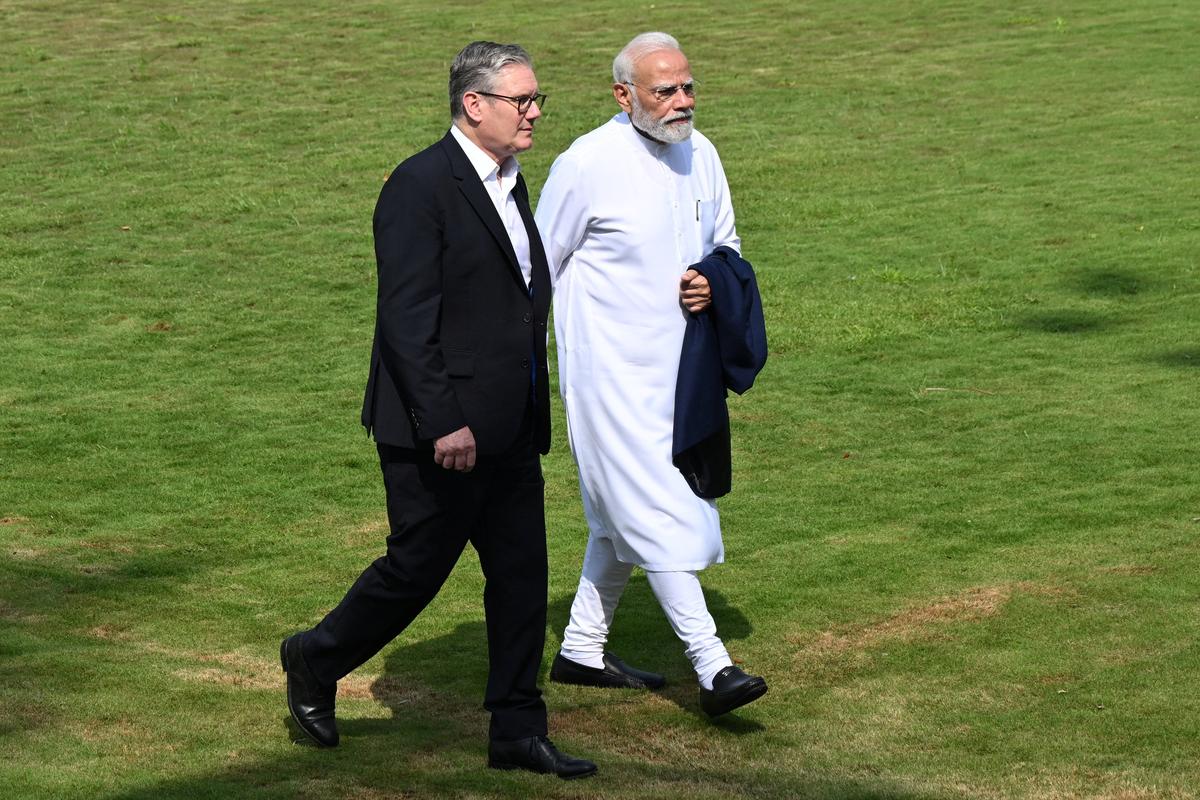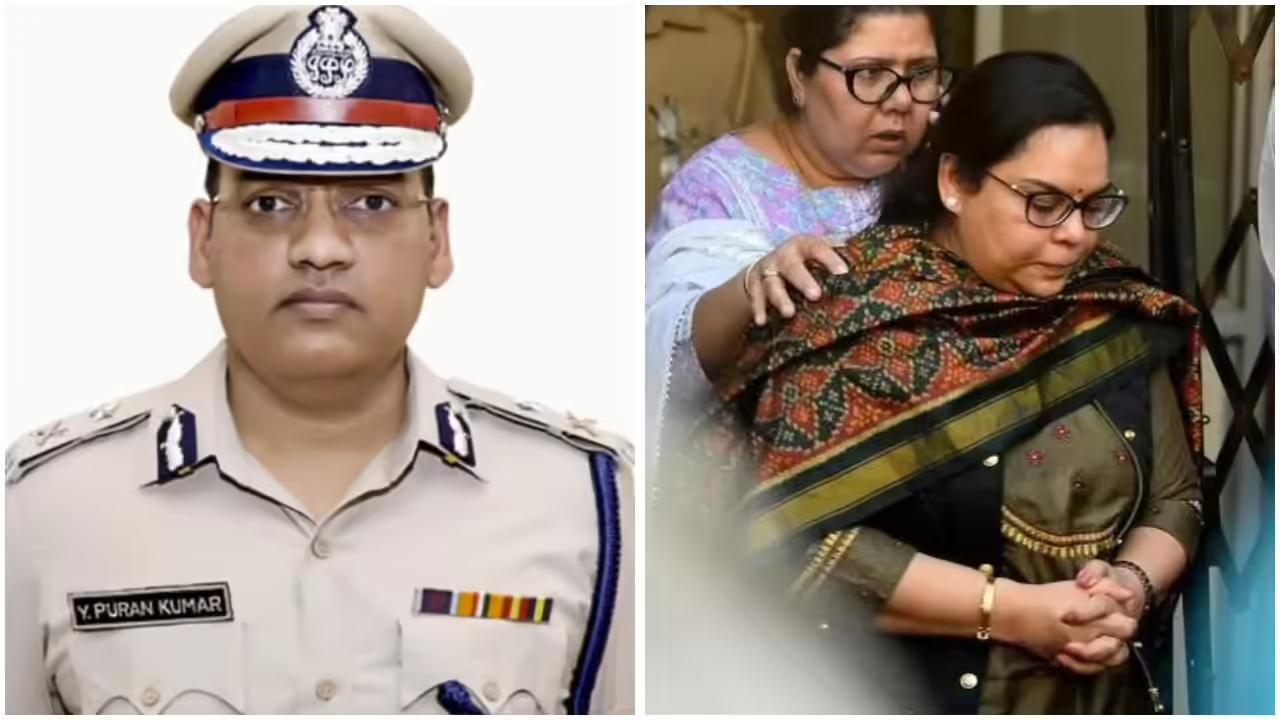Now Reading: Don’t Let Extremists Abuse Freedoms: PM Modi’s Warning to Starmer
-
01
Don’t Let Extremists Abuse Freedoms: PM Modi’s Warning to Starmer
Don’t Let Extremists Abuse Freedoms: PM Modi’s Warning to Starmer

In a recent India–UK summit, Prime Minister Modi cautioned against allowing extremists to misuse democratic freedoms. As he met UK counterpart Keir Starmer, PM Modi emphasized that democracies must respond firmly—and within law—when free speech becomes a tool for radical agendas. His message is especially relevant now, when political polarization and online radicalization are growing concerns even in smaller Indian towns.
Context of the Meeting
During their bilateral discussions, Modi and Starmer explored deeper cooperation in trade, technology, defence and security. The meeting also touched on sensitive topics like anti-India activities abroad, economic fugitives, and the misuse of democratic liberties by extremist groups. Modi underlined that violence and radicalism have no place under the veil of freedom.
Extremism vs. Democratic Rights
Democracies must always protect rights like speech, assembly and association. But the question is: when does misuse begin? Modi’s point was that extremist ideologies often exploit those very freedoms—by spreading hate, inciting violence, or destabilising societies. The balance lies in preserving civil liberties while ensuring that they are not weaponised.
Enforcement Within Legal Boundaries
Modi’s remarks also stressed that action must follow legal frameworks. It’s not enough to merely flag threats—states must respond using judicial and constitutional tools. In the India-UK context, he urged cooperation on extradition and legal measures for criminals who misuse freedoms from abroad.
Relevance for Tier-2 India
In smaller cities, people often hear polarized narratives on social media. The limited local media understanding of extremist discourse means radical ideas can spread unchecked. Modi’s warning reminds us that vigilance is needed everywhere, not just in major metros. Local institutions—schools, civil society, press—must stay alert.
Challenges to Implementation
The tough part is operationalising this idea without overreach. Governments risk suppressing legitimate dissent under the charge of “extremism.” Courts and civil society must remain independent. Ensuring transparency in law enforcement and clear legal definitions of extremism is essential to prevent misuse of power.
The Way Forward
To guard democracy, India and its partners must walk a fine line. Legal clarity, strong institutions, public awareness and international coordination all matter. Extremist groups thrive where confusion, fear and polarization prevail. Reducing those gaps strengthens democratic resilience.
At the end of the day, freedoms are only as safe as the systems that guard them. Modi’s message to Starmer was a call to action—not to stifle voices, but to ensure that no voice can be turned into a weapon against democracy.

























